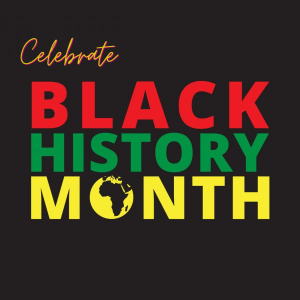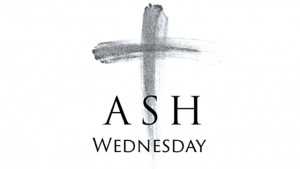 January 18 – Martin Luther King, Jr., Day
January 18 – Martin Luther King, Jr., Day
UNC’s 2021 MLK Jr. Celebration included a campus-wide initiative to honor Dr. Martin Luther King, Jr., his legacy and his ideals. Carolina began its celebrations of King’s life and legacy long before there was a federal holiday. In fact, UNC is the only university ever awarded the “Making of the King Holiday Award” by the former MLK Federal Holiday Commission. Learn how UNC-CH engages in honoring King’s legacy here.
 January 27 – International Holocaust Remembrance Day
January 27 – International Holocaust Remembrance Day
The United Nations General Assembly designated January 27— the anniversary of the liberation of the Nazi German death camp Auschwitz—as International Holocaust Remembrance Day. This year marked the 76th anniversary of the world wide observance.
On this annual day of commemoration, the UN urges every member state to honor the six million Jewish victims of the Holocaust and millions of other victims of Nazism, and to develop educational programs to help prevent future genocides.
During this year’s ceremony, leaders from the United States and Europe joined Holocaust survivors in conveying the urgent responsibility we all share to protect the lessons and legacy of Holocaust history and to defend the truth—now more than ever.
Related Links:
US Holocaust Memorial Museum
National Archives
 February – Black History Month
February – Black History Month
Since 1976, every American president has designated February as Black History Month and endorsed a specific theme. The Black History Month 2021 theme, “Black Family: Representation, Identity and Diversity” explores the African diaspora, and the spread of Black families across the United States.
Black History Month is an annual celebration of achievements by African Americans and a time for recognizing their central role in U.S. history. The story of Black History Month began in 1915, half a century after the Thirteenth Amendment abolished slavery in the United States.
That September, the Harvard-trained historian Carter G. Woodson and the prominent minister Jesse E. Moorland founded the Association for the Study of Negro Life and History (ASNLH), an organization dedicated to researching and promoting achievements by Black Americans and other peoples of African descent.
Known today as the Association for the Study of African American Life and History (ASALH), the group sponsored a national Negro History week in 1926, choosing the second week of February to coincide with the birthdays of Abraham Lincoln and Frederick Douglass.
The event inspired schools and communities nationwide to organize local celebrations, establish history clubs and host performances and lectures. In the decades that followed, mayors of cities across the country began issuing yearly proclamations recognizing Negro History Week. By the late 1960s, thanks in part to the civil rights movement and a growing awareness of Black identity, Negro History Week had evolved into Black History Month on many college campuses.
President Gerald Ford officially recognized Black History Month in 1976, calling upon the public to “seize the opportunity to honor the too-often neglected accomplishments of Black Americans in every area of endeavor throughout our history.”
Source: https://www.history.com/topics/black-history/black-history-month
 February 15 – Buddhist: Nirvana Day
February 15 – Buddhist: Nirvana Day
Nirvana Day, or Parinirvana, is an annual Buddhist festival. It commemorates Buddha’s death in 483 BC and his final nirvana. Many Buddhists celebrate Nirvana Day by visiting Buddhist temples or monasteries and meditating. The concept of nirvana speaks to death, rebirth, and spiritual enlightening until one is relieved of all suffering.
 February 26 – Christian: Ash Wednesday
February 26 – Christian: Ash Wednesday
For Christians everywhere, Ash Wednesday is an important day that begins the Easter season. Celebrations include the start of this period: the 40 days (not including Sundays) of “Lenten” that lead up to Easter. You’ll often hear people refer to Ash Wednesday as the start of Lent. It’s customary for Christians to “give up” something during this time to show mourning and repentance for their sins.